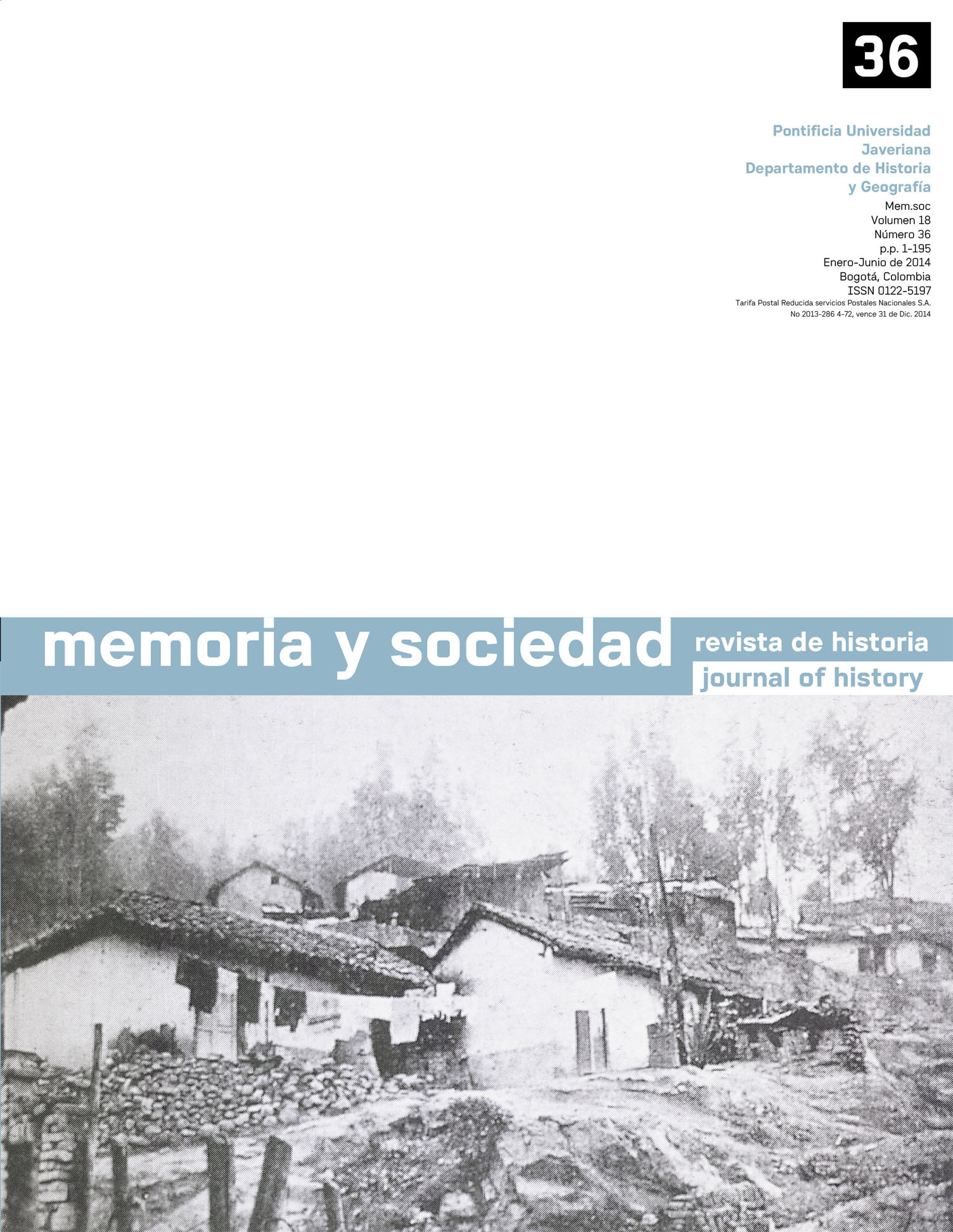Abstract
This contribution deals with a number of strategies deployed by lay Catholic circles against what they considered to be the emergence of Marxism in the Church in Argentina in the 1960s. In particular, the practices deployed by the 'Crusade' group that later became "Tradition, Family and Property" (tfp) are analyzed. To this end, various kinds of materials are studied such as books, periodicals, pamphlets and flyers. Through these means, the hardliners sought to influence both the Catholic hierarchy and the general public opinion, through an increasing equal comparison of the terms "third-world", "communists" and "terrorists". That operation, in a scenario marked by an increasing social unrest, political confrontation and massive citizen participation, contributed to the polarization of positions, while reinforcing the link between religion and politics, –or the handling of one by the other -.The journal Memoria y Sociedad is registered under a Creative Commons Attribution 4.0 International Public License. Thus, this work may be reproduced, distributed, and publicly shared in digital format, as long as the names of the authors and Pontificia Universidad Javeriana are acknowledged. Others are allowed to quote, adapt, transform, auto-archive, republish, and create based on this material, for any purpose (even commercial ones), provided the authorship is duly acknowledged, a link to the original work is provided, and it is specified if changes have been made. Pontificia Universidad Javeriana does not hold the rights of published works and the authors are solely responsible for the contents of their works; they keep the moral, intellectual, privacy, and publicity rights.
Approving the intervention of the work (review, copy-editing, translation, layout) and the following outreach, are granted through an use license and not through an assignment of rights. This means the journal and Pontificia Universidad Javeriana cannot be held responsible for any ethical malpractice by the authors. As a consequence of the protection granted by the use license, the journal is not required to publish recantations or modify information already published, unless the errata stems from the editorial management process. Publishing contents in this journal does not generate royalties for contributors.

